College Planning Steps for Prospective Student Athletes as Freshmen and Sophomores
For students considering collegiate athletics, the college planning process is about finding the right academic and athletic fit.

Coach Stephanie Barth
According to OnCampus College Planning Coach Stephanie Barth, “Because of the need to find the ideal combination of right team, right school, it’s critical for prospective student athletes to begin their college planning early, much earlier than non-athlete students typically begin to think about college.”
Tom and Stephanie recently chatted about this topic. You can click here to watch that video, or scroll down to the end of this post, and we’ve included it there for you. For some key action steps for prospective student athletes, keep reading.
Who is considered a “prospective student athlete”?
Stephanie outlines three criteria for someone who would be considered a “prospective student athlete”:
- I have decided or have a desire to play college athletics.
- I have had a conversation with my parents about my goal to play college athletics.
- I have realistic expectations-NCAA I, II III, and Junior College
Key Action Steps Freshman Year for Prospective Student Athletes
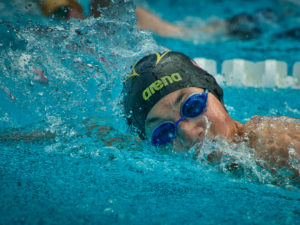
- Commit to being a good student as well as a good athlete. As college planner Tom Kleese says often, “The high-school GPA you submit for college applications will be based on not four, but actually three years of high-school, and it starts day one of freshman year.” Tom frequently reminds students we work with that you submit your college applications before senior year grades are available, so your freshman year is a full third of the GPA colleges will be looking at. This isn’t meant to induce pressure. It’s meant to remind students to “control what you can control”. That means turn in every assignment on time, every time.
- Read the NCAA Guide for the College-Bound Student Athlete.
- Create a recruiting profile for college coaches to see and evaluate you based upon the sport you are interested in. The platform for the appropriate recruiting profile will differ by sport. For instance, Stephanie works with volleyball players who use University Athlete. For swimmers, a common platform is College Swimming. Other sports have their own recruiting engines. It’s important to research and understand which platform is most commonly used and relied upon by college coaching staff for your sport.
- Research schools that may be a good fit. OnCampus College Planning College Search services helps you zero in on the best fit for you, across academic, social, financial, geographic and of course athletic considerations. College Board is a helpful tool for getting started on your own.. As you get started with your college research, a free consultation with us during your freshman or sophomore year is a smart step.
College Campus Visits Are Important Early On for Prospective Student Athletes

Stephanie adds, “Especially for athletes who are frequently out of town and near or on college campuses for athletic tournaments, camps and events, college campus visits aren’t difficult to work into your schedule when you plan ahead.” With three student athletes of her own, Stephanie has personal experience with this. “Our family visited college campuses, both informal ‘drive-by’ visits and official tours arranged through admissions offices, while we were at tournaments and on vacation. It was actually a lot of fun, and we all learned a lot.”
Key Action Steps Sophomore Year for Prospective Student Athletes
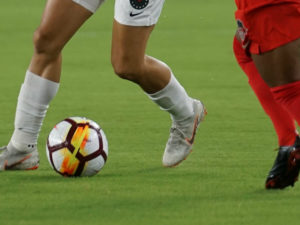
In addition, prospective student athletes should take the following steps their sophomore year of high school:
- Contact schools in which you have interest. Permissible contact varies by Division and sport-but could include camps, clinics and one-way emails to coaches.
- Visit schools in which there is mutual interest.
- Determine when you will take your official ACT exam (Sophomore/Junior year). Based on academic and athletic considerations, as well as your personal schedule, OnCampus College Planning can help you consider when taking the ACT may be most beneficial for you and discuss options for ACT Test Prep.
College Planning Tasks for Juniors and Seniors
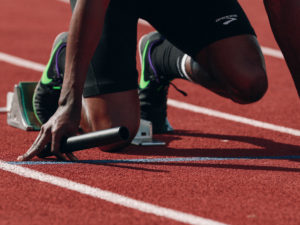
This is also when the academic side of the college planning process will become critical.
Register with the NCAA Eligibility Center (Junior/ Senior year). The NCAA Eligibility Center verifies the academic and amateur status of all student-athletes who wish to compete in Division I or II athletics. College-bound student-athletes who want to practice, compete and receive athletically related financial aid during their first year at a Division I or II school need to meet certain academic requirements. For more detail about academic requirements visit the NCAA Eligibility Center.
Getting the College Planning Help You Need as a Prospective Student Athlete
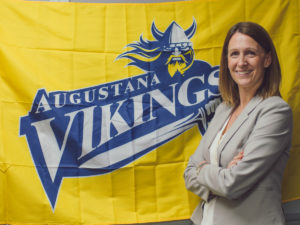
OnCampus College Planning is one such resource that guides high-school students and their families toward a confident college choice that’s the best possible fit for each unique student.
Learn more about College Search, ACT Test Prep and College Applications Guidance services from OnCampus College Planning. For specific questions related to college recruiting processes and college planning specifically for prospective student athletes, schedule a Free Consult for you and your student.
You can also email Tom or email Stephanie with specific questions, or to ask about next steps for your student and your family.
Watch Our Recent Video About Key Steps for Prospective Student Athletes

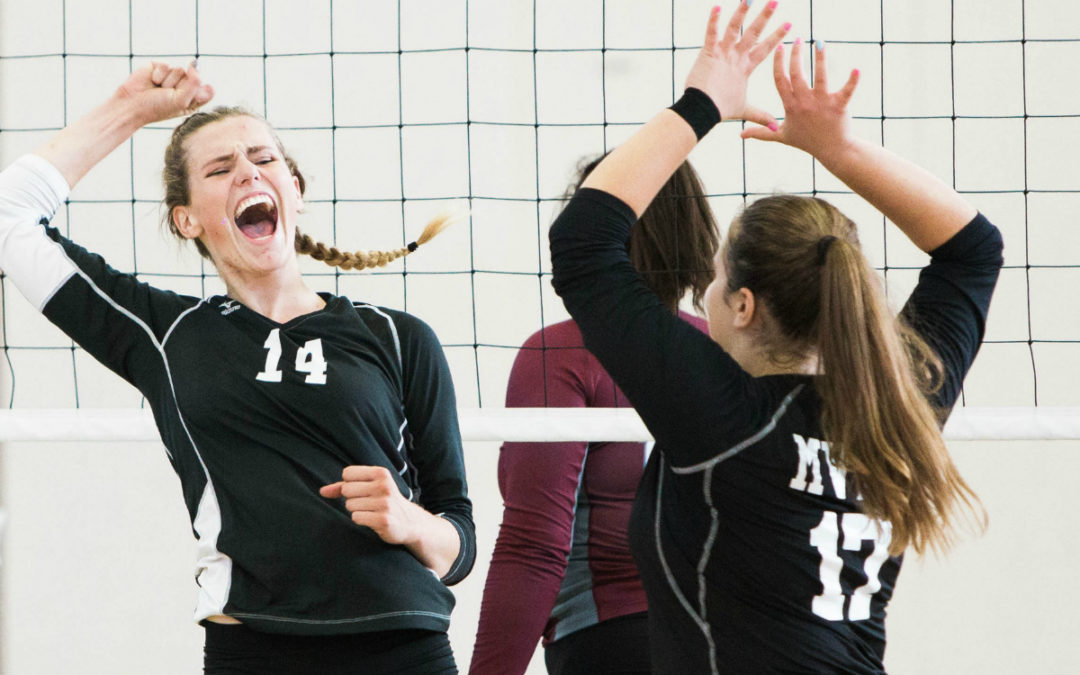
Recent Comments